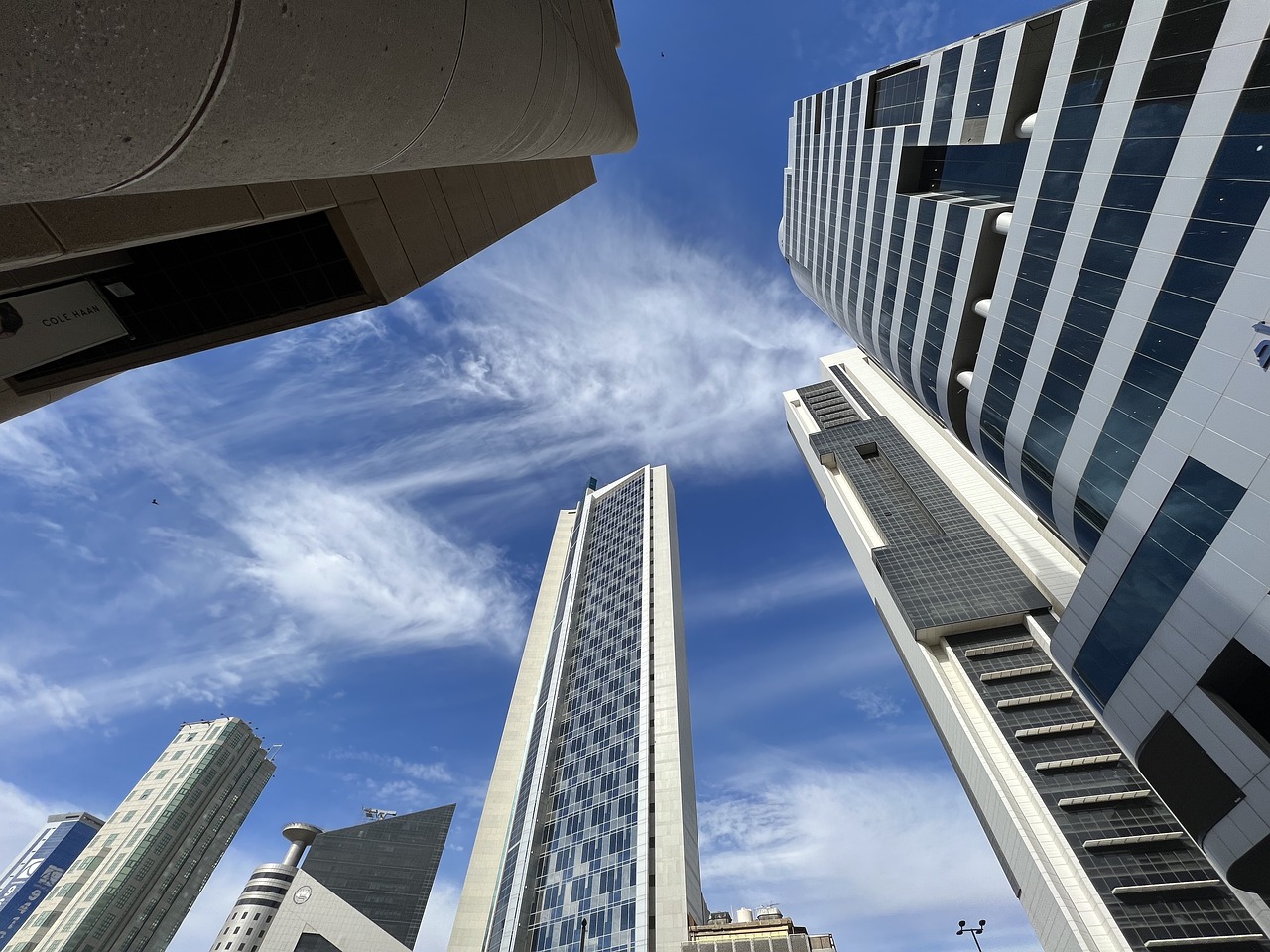
Kuwait is on the brink of a significant shift in its economic landscape with the planned development of a large-scale entertainment project in its capital. The government is preparing to launch an Entertainment City, a venture aimed at revitalizing Kuwait’s tourism industry and reducing the country’s reliance on oil revenues. This project, supported by the Kuwait Investment Authority (KIA), is part of a broader strategy to diversify the national economy.
The Entertainment City is set to include a variety of attractions such as amusement parks, water parks, gaming centers, and sports facilities. With an estimated cost of $660 million, the government is investing heavily in this initiative, which is expected to bring a new wave of entertainment options to Kuwait.
While this project holds promise for economic and social benefits, there is a growing concern that Kuwait might be missing out on a significant opportunity to maximize its economic gains.
The Economic Impact of Entertainment City
According to a recent study, the Entertainment City project is projected to contribute around 85 million Kuwaiti dinars (approximately $275 million) to the country’s gross domestic product (GDP) by 2035. Additionally, it is expected to create approximately 4,000 new jobs, boosting the economy and supporting the government’s broader goal of reducing dependence on oil revenues.
Currently, the tourism sector contributes only about six percent to Kuwait’s GDP. The Entertainment City is a key part of the nation’s efforts to increase this figure by attracting more tourists. Kuwait’s focus on tourism is in line with similar initiatives by other Gulf Cooperation Council (GCC) countries, which are also striving to diversify their economies through tourism investments.
For instance, Qatar recently announced a $5.5 billion project to develop a new entertainment city, while Bahrain is leveraging sports and events to draw in more visitors. These nations are investing in state-of-the-art entertainment facilities and enhancing their tourism infrastructure, which has led to significant growth in their tourism sectors.
In comparison, Kuwait’s tourism industry has lagged behind its regional peers, contributing less to the economy than countries like the United Arab Emirates (10.8% of GDP), Bahrain (9.8%), and Qatar (9.7%). This gap is especially notable given that Kuwaitis spend over $14 billion annually on travel abroad, equivalent to 11% of the country’s GDP.
The Entertainment City is intended to close this gap by attracting foreign visitors and encouraging domestic spending within Kuwait. The project is expected to draw around 900,000 visitors annually by 2030, positioning it as a potential turning point for the country’s tourism sector.
The Missed Opportunity in Excluding Gambling
Despite the positive projections, there is a growing sentiment that Kuwait may be overlooking a significant opportunity by not including a gambling component in the Entertainment City project. In a region where tourism is becoming increasingly competitive, neighboring countries are exploring various revenue streams, including the gambling sector, to boost their appeal to tourists.
Gambling is largely prohibited in the Middle East, and Kuwait is no exception. However, the demand for gambling is evident, with many Kuwaitis participating in online gambling through overseas operators, circumventing local restrictions. This raises questions about whether Kuwait is fully capitalizing on its economic potential.
While Kuwait remains cautious, other countries in the region are adopting more progressive approaches. The UAE, for instance, has recently issued its first lottery license, potentially opening the door to other forms of gambling. Lebanon’s Casino du Liban is another example, drawing visitors from across the Middle East for its poker tournaments and other gaming activities.
By integrating a regulated gambling sector into its Entertainment City project, Kuwait could significantly enhance its appeal to both domestic and international visitors, tapping into a lucrative revenue stream. Failing to reconsider its stance on gambling could result in Kuwait falling further behind its regional competitors, missing out on an opportunity to diversify its economy and attract a broader range of tourists.
In conclusion, while Kuwait’s Entertainment City has the potential to bring substantial benefits to the country’s economy, the exclusion of gambling might limit its overall impact. As the region continues to evolve, Kuwait may need to rethink its approach to fully realize the economic possibilities of this ambitious project.
Interesting Related Article: “This Is How Technology Has Changed The Entertainment Industry“
